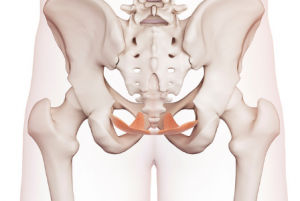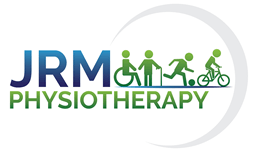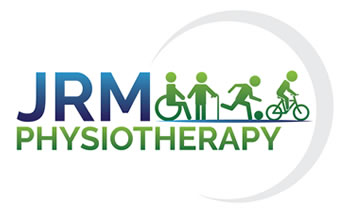Ladies let’s talk about leakages
by Esther Gallick, Physiotherapist at JRM Physiotherapy, and women’s health specialist
Did you know that 1 in 3 women will suffer from urinary incontinence at some point in their life? Approximately 35% of women admit to avoiding a situation which would cause them to laugh because of their urinary urgency/incontinence issue but only 1 in 5 seek help with this matter.
Women are likely to wait on average 6 – 7 years before talking to a health care professional about their urinary urgency/incontinence and seeking help!
What is incontinence?
Women of all ages, sizes and activity levels can suffer from urinary urgency/incontinence. Common types of incontinence are:

- Stress incontinence- leakage caused when the bladder is under pressure such as when you are
pregnant, coughing, sneezing or laughing - Urge incontinence- leakage caused by a sudden need to urinate as a result of over-activity of the
detrusor muscle - Overflow incontinence- leakage caused by chronic retention and the inability to fully empty your
bladder
I think this is really sad, urinary incontinence is more common than hayfever, but because it’s our pelvic health we don’t seem to want to talk about it; we hope that we can just wear absorbency products, avoid having a giggle, and other triggering situations, and pray it goes away.
When discussing urinary incontinence people are too quick to say “its normal”, “it’s what happens after childbirth” or “it’s what happen when you get older”. Absorbency products make it easier for us to deal with the problem but who is to say it should be something we just live with? Incontinence is not “normal”, it’s just common. We don’t have to live with it, and there are treatment options – both non-invasive and invasive, and physiotherapy can help.
How can physiotherapy help?
Physiotherapy led pelvic floor exercises can increase the success rate in treating stress incontinence by up to 84%. Working with a physiotherapist specially qualified in women’s health, such as myself, women can learn to train and strengthen the muscles that support the bladder and urethra. Research has shown that intensive pelvic floor muscle training (more than two sessions per month) plus lifestyle changes is the most clinically effective first line strategy for incontinence. More information is available from the Chartered Society of Physiotherapy, of which I am a member: Incontinence | Chartered Society of Physiotherapy (csp.org.uk)
Don’t let your bladder dictate what you can do, where you can go, and what you can wear. Feel free to contact me at JRM Physiotherapy to discuss whether physiotherapy can help you. Or book your appointment at our private clinic in Meltham now.
 Esther Gallick is a HCPC registered and Chartered Physiotherapist at JRM Physiotherapy in Meltham. She specialises in women’s health and pelvic incontinence, lower limb conditions, injuries, recovery and rehabilitation. She is contactable at esther@jrmphysio.com.
Esther Gallick is a HCPC registered and Chartered Physiotherapist at JRM Physiotherapy in Meltham. She specialises in women’s health and pelvic incontinence, lower limb conditions, injuries, recovery and rehabilitation. She is contactable at esther@jrmphysio.com.



